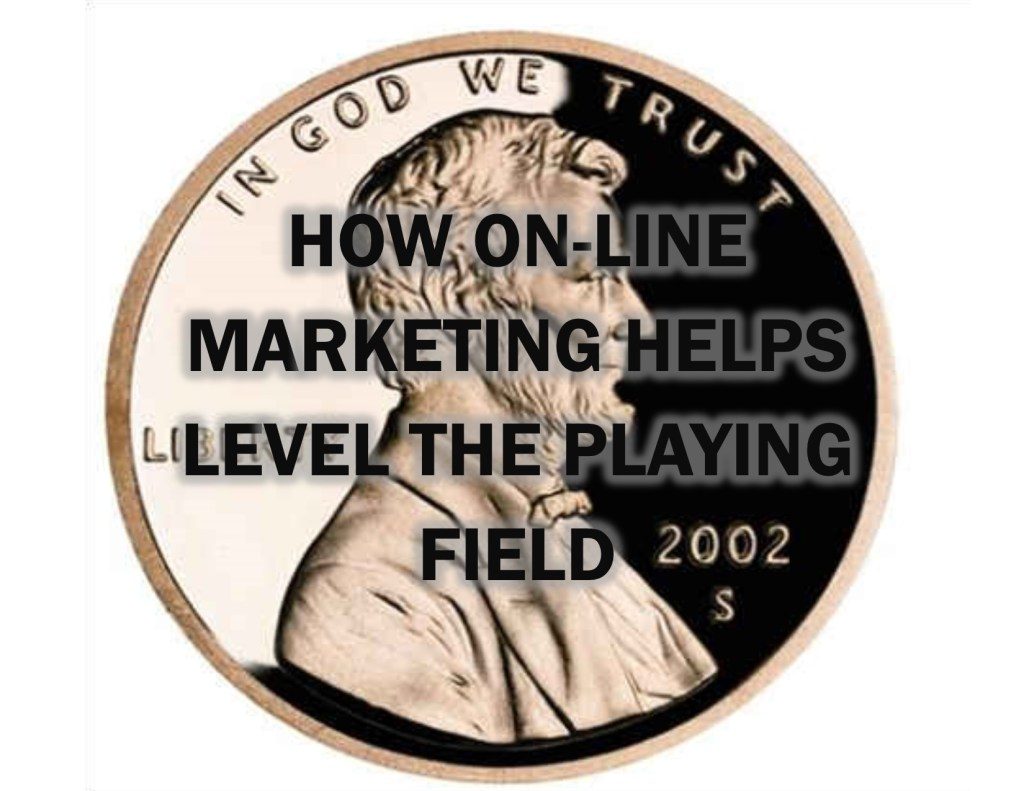 I wanted to start, first, with a quote from Leonard Mlodinow, who wrote the most fascinating book, The Drunkard’s Walk, How Randomness Rules Our Lives, which sounds on the surface like it’s rather depressing, but it’s actually a very interesting book.
I wanted to start, first, with a quote from Leonard Mlodinow, who wrote the most fascinating book, The Drunkard’s Walk, How Randomness Rules Our Lives, which sounds on the surface like it’s rather depressing, but it’s actually a very interesting book.
Close to the front of the book is one of the most inspiring passages for writers I’ve ever come across:
“Suppose four publisher have rejected the manuscript for your thriller about love, war, and global warming. Your intuition and the bad feeling in the pit of your stomach might say that the rejections by all those publishing experts mean your manuscript is no good. But is your intuition correct? Is your novel unsellable? We all know from experience that if several tosses of a coin come up heads, it doesn’t mean we are tossing a two-headed coin. Could it be that publishing success is so unpredictable that even if our novel is destined for the best-seller list, numerous publisher could miss the point and send those letters that say thanks but no thanks? One book in the 1950s was rejected by publishers, who responded with such comments as “very dull,” “a dreary record of typical family bickering, petty annoyances and adolescent emotions,” and “even if the work had come to light five years ago, when the subject [World War II] was timely, I don’t see that there would have been a chance for it.” That book, The Diary of a Young Girl by Anne Frank, has sold 30 million copies, making it one of the best-selling books in history. Rejection letters were also sent to Sylvia Plath because “there certainly isn’t enough genuine talent for us to take notice,” to George Orwell for Animal Farm because “it is impossible to sell animal stories in the U.S.” and to Isaac Bashevis Singer because “it’s Poland and the rich Jews again.” Before he hit it big, Tony Hillerman’s agent dumped him, advising that he should “get rid of all that Indian stuff.”
Those were not isolated misjudgements. In fact, many books destined for great success had to survive not just rejections, but repeated rejection. For example, few books today are considered to have more obvious and nearly universal appeal that the works of John Grisham, Theodor Geisel (Dr. Seuss), and J.K. Rowling. Yet the manuscripts they wrote before they became famous – all eventually hugely successful – were all repeatedly rejected. John Grisham’s manuscript for A Time to Kill was rejected by twenty-six publishers; his second manuscript, for The Firm, drew interested from publishers only after a bootleg copy circulating in Hollywood drew a $600,000 offer for the movie rights. Dr. Seuss’s first children’s book, And To Think That I Saw It on Mulberry Street, was rejected by twenty-six publishers. And J.K. Rowling’s first Harry Potter manuscript was rejected by nine. Then there is the other side of the coin – the side anyone in the business knows all too well; the many authors who had great potential but never made it, John Grishams who quit after the first twenty rejections or J.K. Rowlings who gave up after the first five. After his many rejections, one such writer, John Kennedy Toole, lost hope of ever getting his novel published and committed suicide. His mother persevered, however, and eleven years later A Confederacy of Dunces was published; it won the Pulitzer Prize for Fiction and has sold nearly 2 million copies.
There exists a vast gulf of randomness and uncertainty between the creation of a great novel – or piece of jewelry or chocolate-chip cookie – and the presence of huge stocks of that novel – or jewelry or bags of cookies – at the front of thousands of retail outlets. That’s why successful people in every field are almost universally members of a certain set – the set of people who don’t give up.”
The emphasis at the end is mine.
Everyone knows that the chances of a tossed penny coming up heads is exactly even. Therefore if you toss it ten times, it should come up heads five times out of ten. But it doesn’t. Chance – randomness – interferes with the toss, and you’ll get anything but five out of ten heads. You have to keep tossing that penny for an astronomical number of times before the number of heads versus the number of tails begins to arrive at something close to even.
Another way of stating that is: you have to stick with it long enough to get rid of the effects of randomness if you want to even out the playing field and give yourself a fair go…
This applies directly to publishing and marketing your books. There is no difference between coming up heads and becoming a success (no matter how you define success – even if it’s just the next breakthrough in your career). If you don’t quit, if you keep plugging your books steadily and keep writing and selling to publishers…and keep writing more or less in the same genre (I’ve heard viable arguments lately that jumping genres aren’t the career-killers they appear to be), then you’re clearing the playing field of randomness each and every day.
One of the best things about marketing and promoting your work on-line is that everything you do to promote yourself is more or less permanent. It stays around almost forever. Blog posts stay up for as long as the blog stays live. Website pages stick around. Unlike book signings that come and go in one day, and cover flats that get thrown in the garbage next week, URLs live on for years, so everything you do on-line is a gradually building a defense against randomness.
First appeared on Bootstrap Bookmarketing Coop.
